Climate Now
Viewing 24 of 140 Podcast Episodes
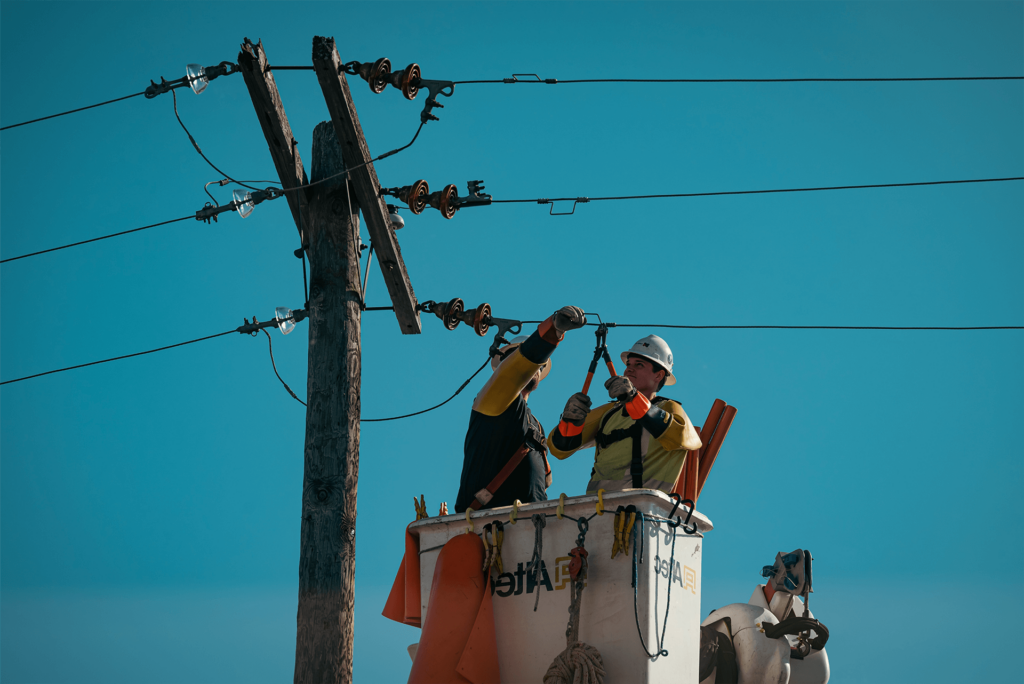

Climate Now: Mar 13, 2023
Net-zero cities: Making decarbonization work for everyone
Reducing average global temperatures. Preserving biodiversity. Decreasing the risk of droughts, floods and hurricanes. Reducing air pollution. Reducing utility bills. Creating new jobs and opportunities. Building community engagement. Fostering environmental e
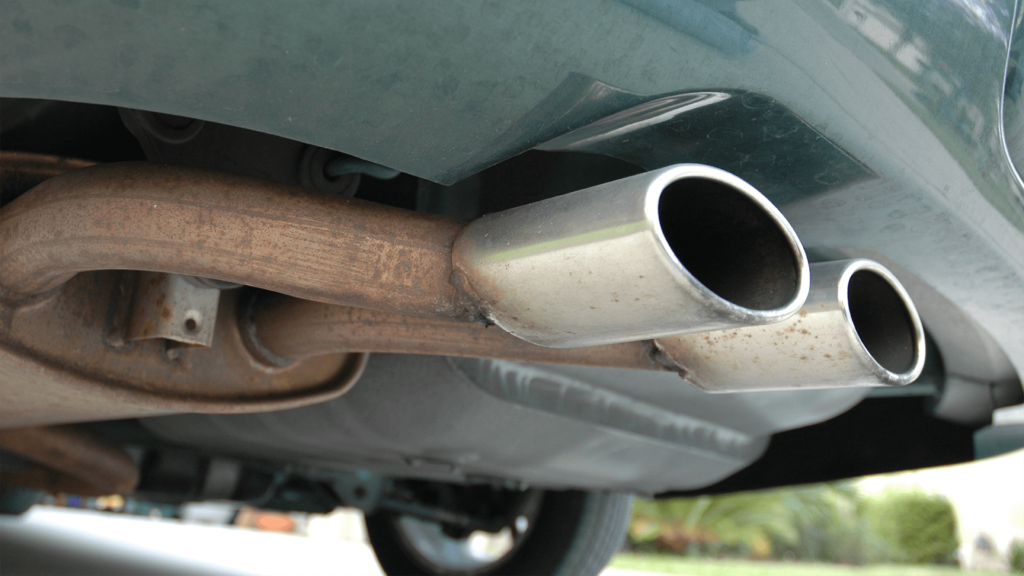

Climate Now: Mar 6, 2023
Low carbon fuel standards: what, why, and how?
On February 15, 2023, the U.S. Senate held a hearing considering a national clean fuels program, modeled after California’s state-wide Low-Carbon Fuel Standard (LCFS). The LCFS sets an annually decreasing standard of net carbon intensity (amount CO2 emission


Climate Now: Feb 27, 2023
The road to decarbonized trucking
2022 potentially marked a turning point for the U.S. electric vehicle (EV) market, with new EV car sales increasing by 65% over 2021 sales, and now accounting for nearly 6% of all new vehicle sales. (If EVs maintained a 65% annual growth rate, they would reach


Climate Now: Feb 20, 2023
Updates to the GHG protocol: Scope 1, 2, 3 and more?
More than one third of the world’s 2,000 largest publicly traded companies have made some kind of net-zero commitment, and the list is growing quickly. A critical part of those corporate plans will be securing cleanly sourced electricity for their energy nee


Climate Now: Feb 13, 2023
Decarbonizing diesel: cleaner fuels and engines
Electrification is going a long way in decarbonizing small vehicles (like passenger cars) in the global transportation sector, which produces about 16% of global emissions. But for long-haul transportation: trucking, shipping and the aviation industries, elect


Climate Now: Feb 6, 2023
How to decarbonize a city
In November 2021, the City of Ithaca announced the approval of a plan to decarbonize all of its buildings by 2030. In this first-of-its-kind decarbonization plan, Ithaca outlined a pathway to electrify roughly 6,000 homes and buildings as a first step to enact
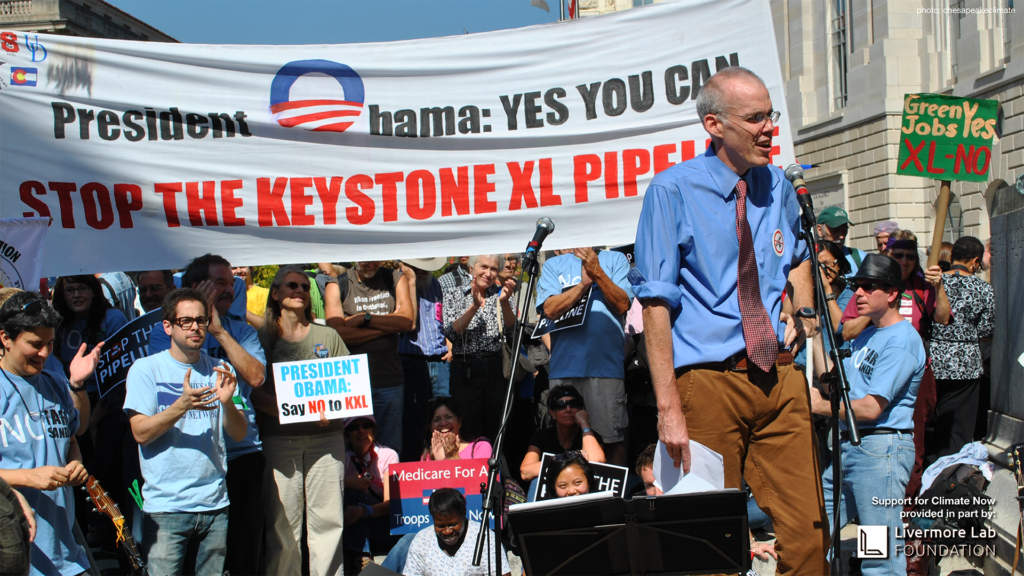

Climate Now: Jan 30, 2023
Bill McKibben’s take on building a successful climate movement
On April 22, 1970, 20 million people across the U.S. marched, attended speeches and sat in teach-ins, marking the first Earth Day, and spurring on the enactment of the Clean Air Act, the Clean Water Act and the founding of the EPA, all of which occurred later


Climate Now: Jan 23, 2023
How to fix the clean energy bottleneck
In 2021, U.S. President Biden signed an executive order with the directive to achieve 100% carbon-pollution free electricity in the United States by 2030. The goal is certainly achievable: currently wind and solar are the cheapest forms of electricity generati
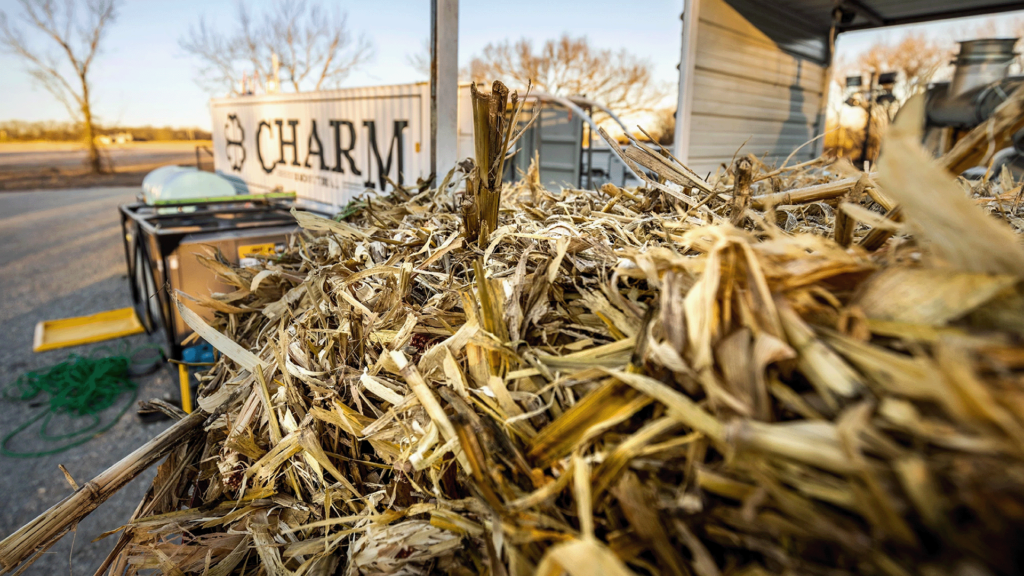

Climate Now: Jan 16, 2023
Farm to stable CO2 storage
The agricultural sector produces about a tenth of the world’s greenhouse gas emissions, and while most of that comes from livestock (about 2/3), emissions from crop production still total about 2.2 billion metric tons of CO2-equivalent. Interestingly, we onl
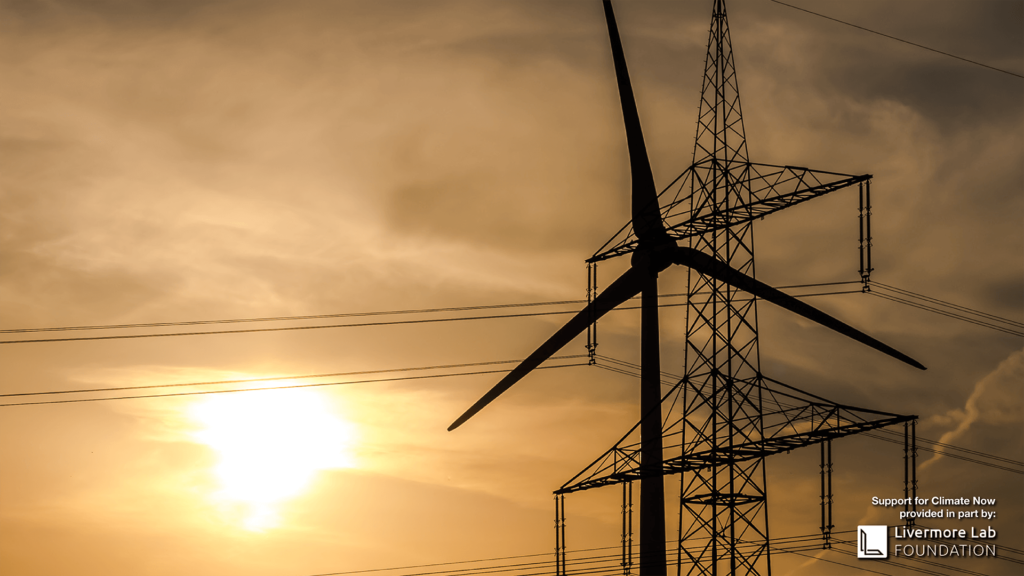

Climate Now: Jan 9, 2023
Inside the DOE: Understanding the role of the US Department of Energy in the energy transition
“We’ve built an entire industrial economy around a set of energy sources, and we’re now thinking about diversifying way beyond that. And that’s a big set of changes.” What will it take to diversify our energy economy, and how do we actual


Climate Now: Dec 22, 2022
Breaking the link between how much we consume and economic growth
The carbon footprint of stuff For the last two centuries, continuous economic growth (the increase in the quantity and quality of the economic goods and services that a society produces, per capita) has been recognized as the critical driver in the drastic
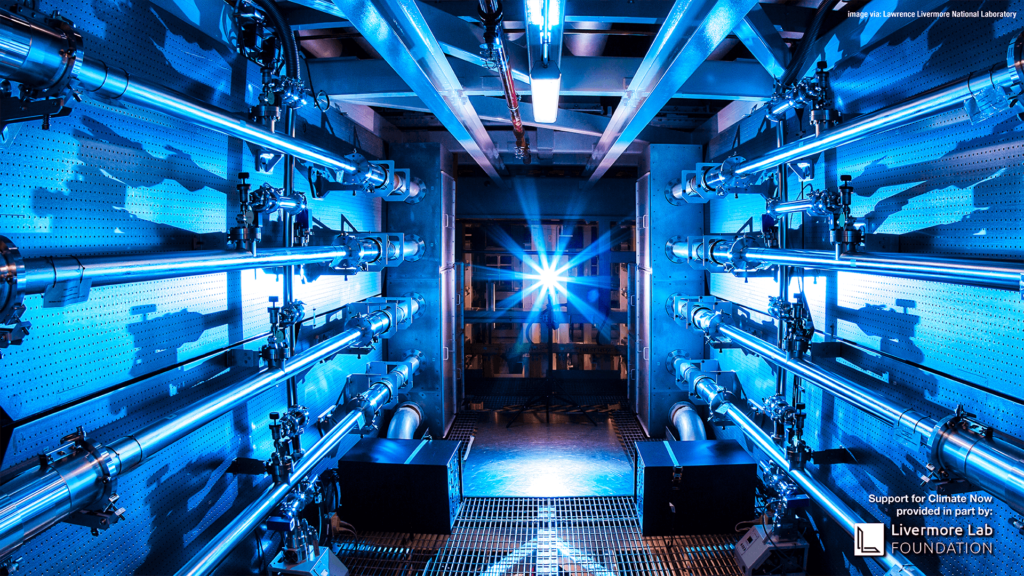

Climate Now: Dec 19, 2022
A star in the west was brightly shining…
Last week, LLNL’s National Ignition Facility successfully ‘ignited’ a nuclear fusion reaction equivalent to what takes place in the sun: the conversion of hydrogen to helium + energy. In a first, the experiment produced more energy than was
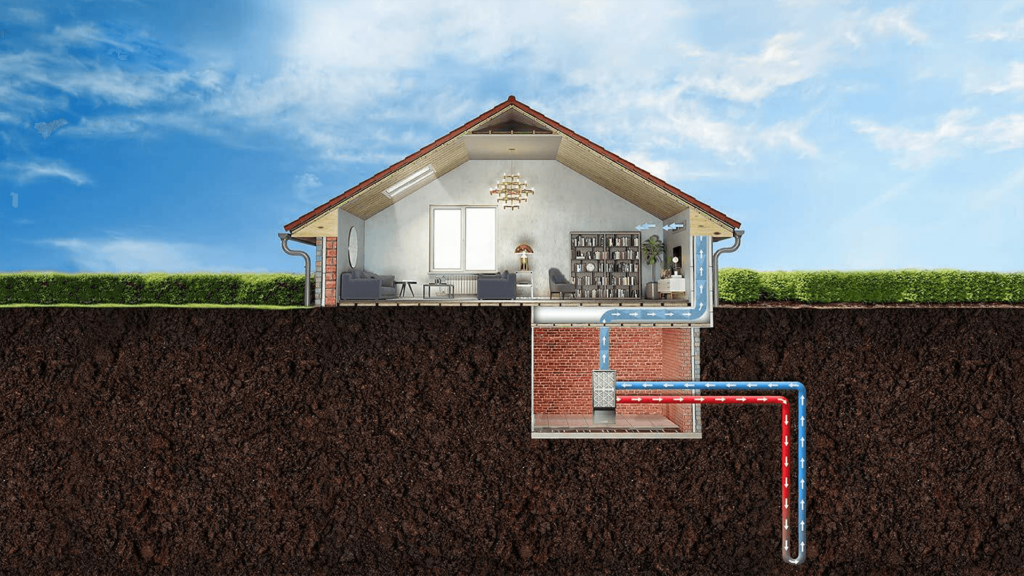

Climate Now: Dec 12, 2022
What lies beneath? Efficient heating and cooling.
Can Earth’s geothermal heat warm – and cool – your home? The hottest day ever recorded on Earth was on July 10, 1913. Thermometers in California’s Death Valley measured 134 degrees F. The coldest day ever recorded on land (not on an Antarctic i
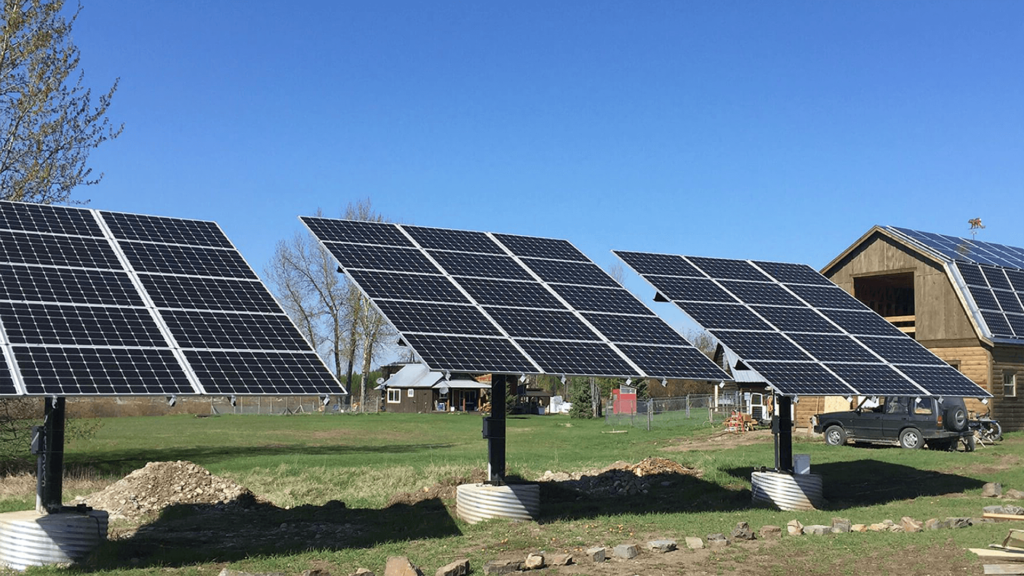

Climate Now: Dec 5, 2022
The role of microgrids in the energy transition
A micro-grid is a local grid. That means that energy generation occurs locally (no giant transmission lines) to support local energy demand, and it has the option to operate independently from a traditional regional power grid. These kinds of grids are attract
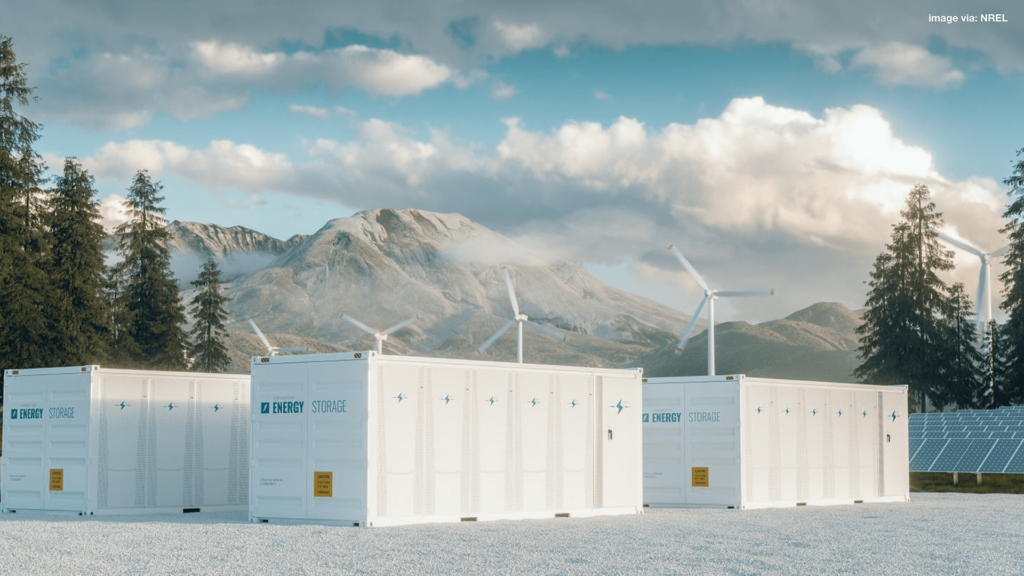

Climate Now: Nov 28, 2022
Battery power: the future of grid-scale energy storage
Renewable energy sources – wind and solar – have become the cheapest and fastest growing form of electricity generation. But the industry has not yet escaped the perennial criticism that keeps many from believing that the world could run entirely o
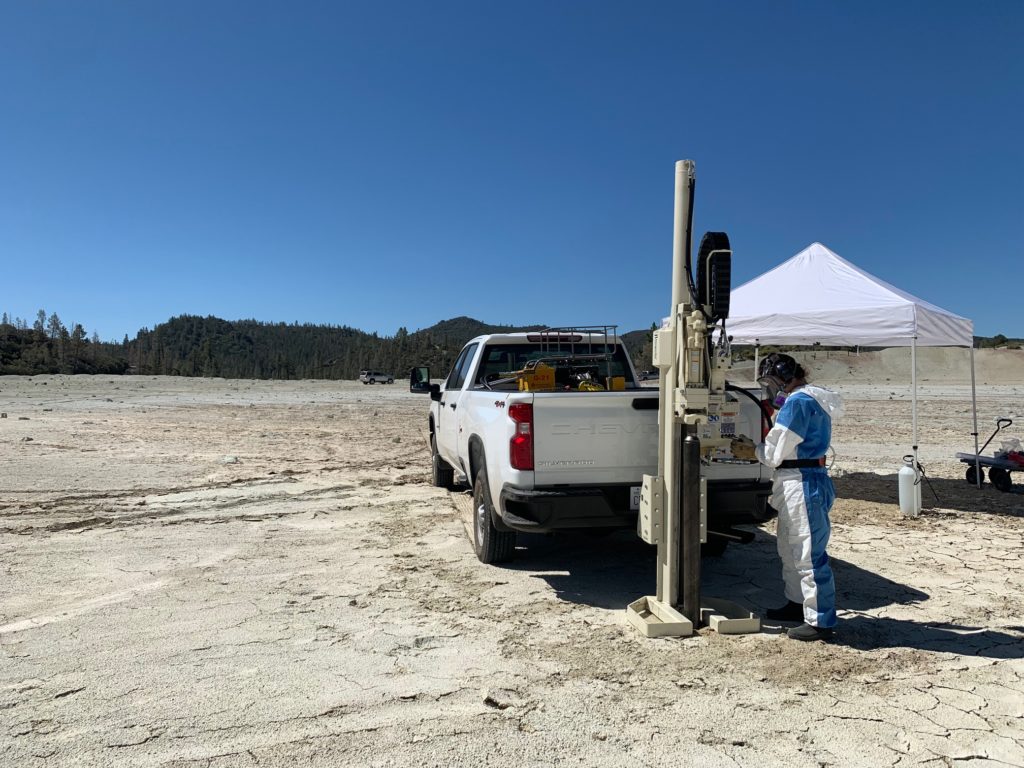

Climate Now: Nov 22, 2022
What is the future of carbon capture technology?
Since its founding in 1952, the mission of Lawrence Livermore National Laboratory (LLNL) has been to meet urgent national security needs through scientific and technological innovation. Expanding from its focus on nuclear weapons science at the height of the C


Climate Now: Nov 14, 2022
The financial value of healthy ecosystems
How many crises can we address at once? In October of this year, headlines broke that the global animal population in 2018 is 69% smaller than it was a half century ago, in 1970. It is the latest bad news in a string of studies on biodiversity loss, which is


Climate Now: Nov 7, 2022
Making buildings smarter, greener and healthier
The side benefit of reducing building emissions? Increasing quality of life. Building operations (heating, cooling and electrification) account for 27% of global CO2 emissions, but represent some of the lowest-hanging fruit in the challenge of global decarbon


Climate Now: Oct 24, 2022
Making waves with marine carbon capture
The global shipping industry emits ~1 billion tonnes of carbon dioxide annually, about as much as the sixth highest emitting nation in the world. In hopes of changing course, the International Maritime Organization (IMO) has mandated that starting in 2023, mos


Climate Now: Oct 17, 2022
An electrifying look at the future of steel
For some sectors of our economy, electrification as a decarbonization strategy is a whole lot easier said than done. Take the steel industry – which is responsible for 11% of global CO2 emissions. A large part of those emissions come from the ‘coking�
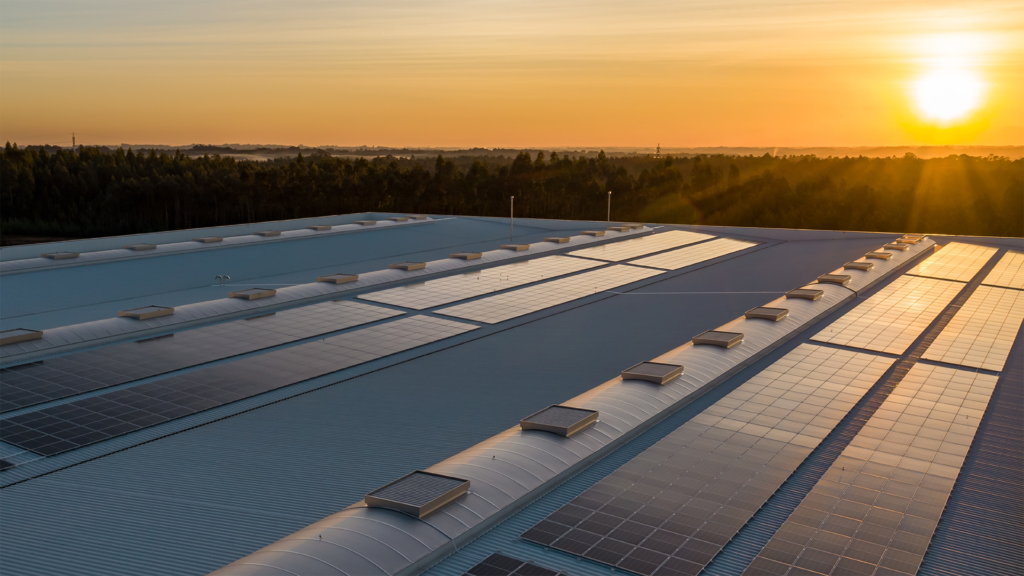

Climate Now: Oct 3, 2022
The solarcoaster: adoption curves and business models
Mitigating climate change is a race against time, requiring “rapid, far reaching and unprecedented changes in all aspects of society,” according to the IPCC, who says we need to halve global emissions by 2030. But Tom Dinwoodie of Epic Institute argues tha


Climate Now: Sep 20, 2022
Follow the carbon trail: quantifying a corporate carbon footprint
Calls for transparent information on the carbon footprint of a product, service, company or government are getting louder from consumers and investors, and will likely be soon codified in regulations like the U.S. Securities and Exchange Commission’s propose


Climate Now: Sep 6, 2022
What’s in the Inflation Reduction Act for climate?
The Inflation Reduction Act (IRA), signed into U.S. law by President Joe Biden on August 16th, might be the biggest climate investment in history, but it does not look much like the kinds of policies that have been most championed by climate activists and econ


Climate Now: Aug 23, 2022
Can oceans save us? Part III: The laws of the sea
International waters don’t belong to anybody, but everybody is connected to them. Like the global burden created by greenhouse gas emissions from any one country, company or individual, what a single country or corporation chooses to put into the ocean as a